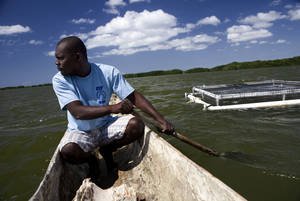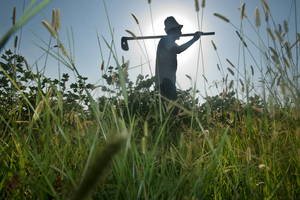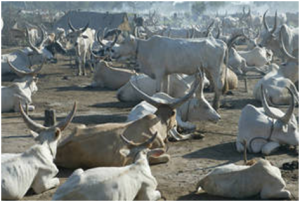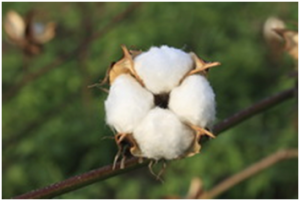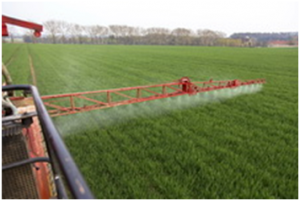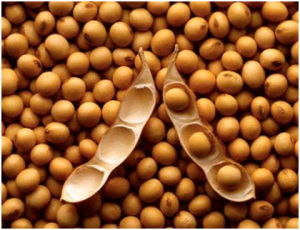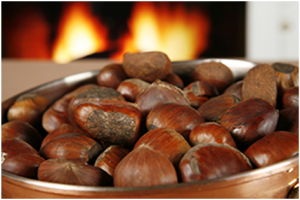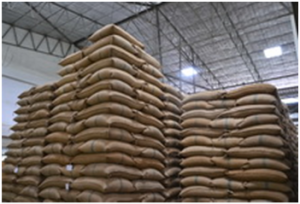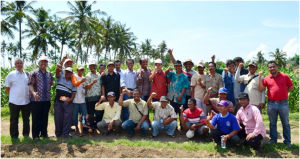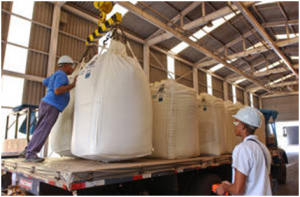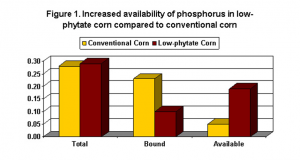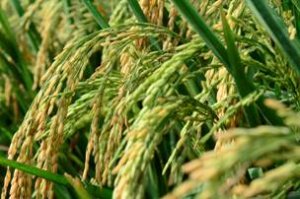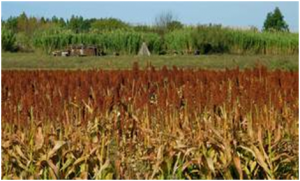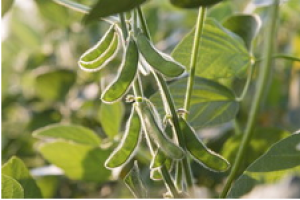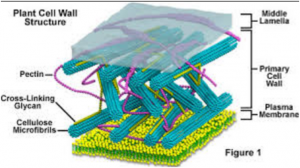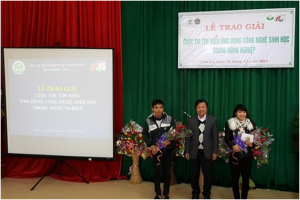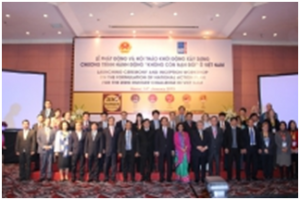|
Improved Cassava Varieties to Ease Hunger in Africa
Friday, 2017/07/07 | 09:19:58
|
|
Improved varieties of cassava that will help in addressing food crisis in Africa may soon be available in the continent.
Scientists from Kenya Agricultural Livestock and Research Organization (KALRO) are developing the genetically modified Virus Resistant Cassava for Africa Plus (VIRCA Plus) varieties, which are nutritionally improved and resistant to cassava mosaic and cassava brown streak diseases. KALRO scientist, Simon Gichuki, reported that the two diseases lead to a combined economic loss of about $180 million per year in East Africa alone. KALRO is collaborating with experts in various research institutions in Uganda and Nigeria, as well as in Donald Danforth Science Center and ISAAA.
At present, VIRCA Plus varieties are under confined field trials. KALRO researcher, Charles Wuturu, stressed that failure to fund research and not heading to regulatory institutions poses threat to cassava technology development as Kenya trails others in adoption. According to ISAAA AfriCentre Director, Dr. Margaret Karembu, different ministries have varied perceptions on agriculture technology, but the policy should be harmonized to make sure that funds for research would not suffer.
Read the original article from Media Max Kenya. |
|
|
|
[ Other News ]___________________________________________________
|


 Curently online :
Curently online :
 Total visitors :
Total visitors :
